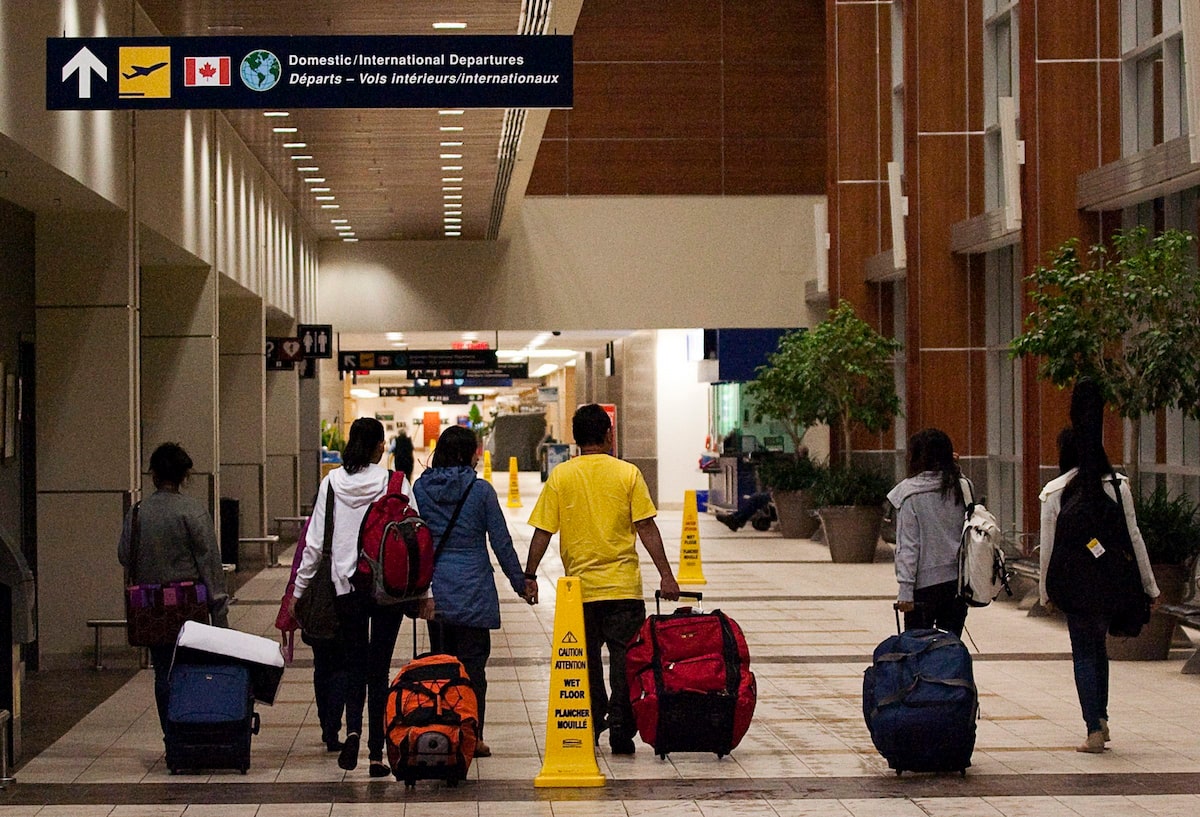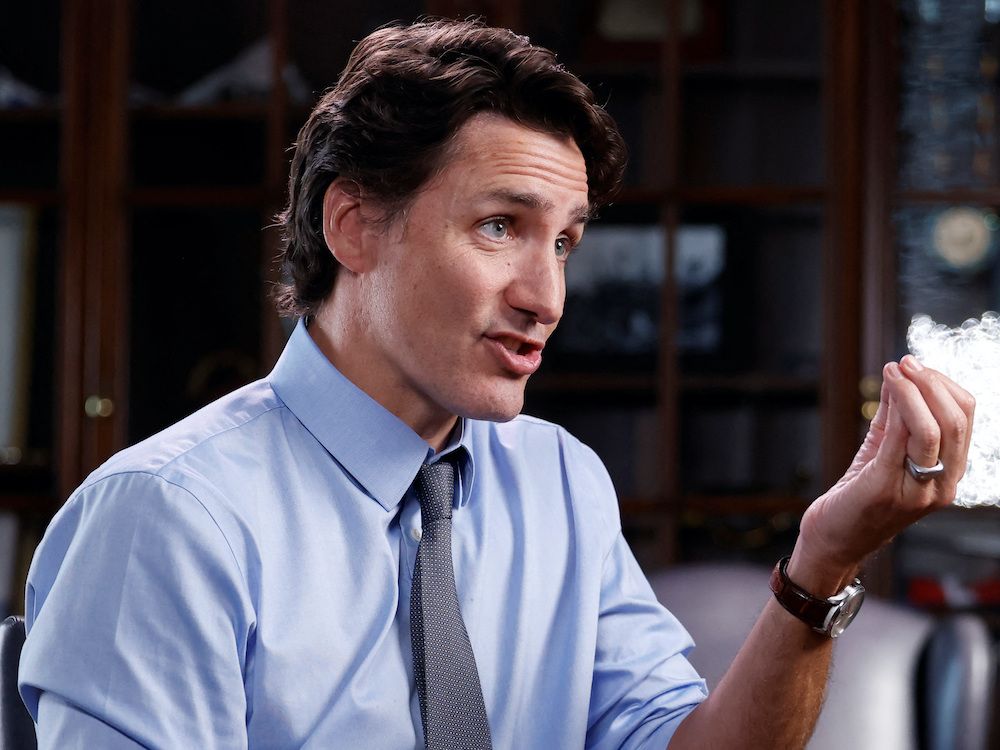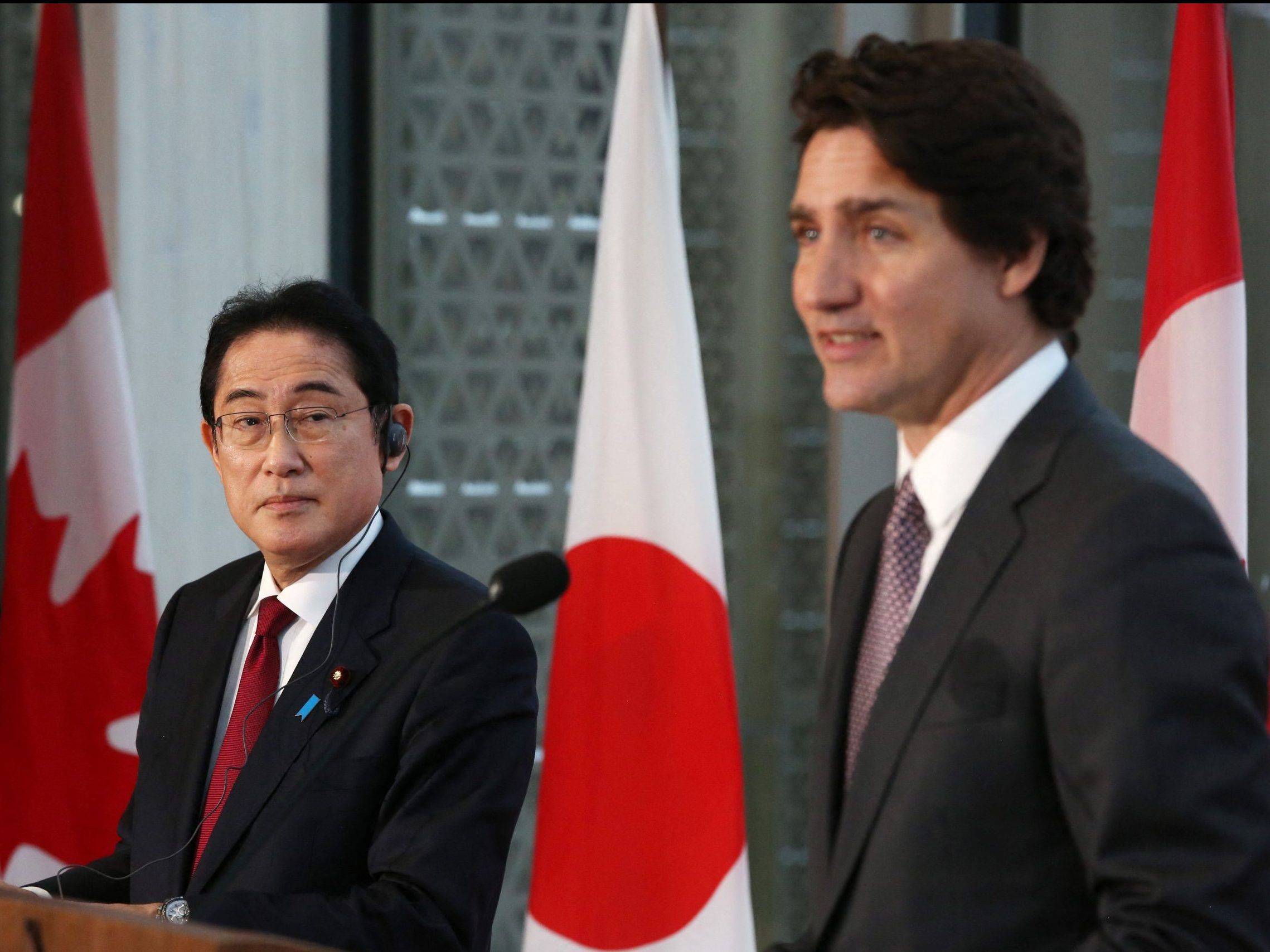Shall be known as 'The Selfie Administration'...
Kelly McParland: Morneau confirms image-obsessed Trudeau's management is 'sorely lacking'
While Trudeau's 'performance skills were superb, his management and interpersonal communication abilities were sorely lacking'
I have no intimate understanding of the mental processes of our prime minister, but if I was getting the sort of feedback on my job performance that he’s been getting, I’d certainly take a moment for honest reflection.
According to a recent
survey by the Nanos organization, more than half of Canadians want Justin Trudeau to step aside and
let someone else lead the Liberal party into the next election, whenever that might be. Almost as many think the country is headed in the wrong direction.
An Ipsos poll garnered
similar results: half the country wants yet another election this year, even though we’ve had two in the past three years, and 54 per cent want a different Liberal leader to fight it.
This month will see a
new book by former finance minister Bill Morneau, who left the government in unhappy circumstances just as the pandemic hit, praising Trudeau as a great performer but a lousy manager, his focus on short-term partisan gains over sound policy and long-term benefits.
Though thrilled at joining the Trudeau government in 2015, Morneau
writes, “Soon after the election, I came to realize that while his performance
skills were superb, his management and interpersonal communication abilities were sorely lacking.”
Echoing similar points to those made by Jody Wilson-Raybould, the former justice minister and attorney general who
lost her job for refusing to buckle to demands she considered unethical and possibly illegal, Morneau portrays Trudeau as distant and isolated, prone to issuing dicates to cabinet members rather than inviting consensus, fiercely partisan and keen on winning short-term punch-ups that produce positive, if fleeting, headlines. He suffers, according to the book, from an “inability or lack of interest in forging relationships” with “me and, as far as I could tell, the rest of his cabinet.”
Morneau’s concern is that Ottawa’s focus on popularity over performance is feeding an extended slide in the country’s ability to compete with rivals, maintain a strong economy and produce the money needed to pay for its social programs. In 2019 Canada
fell from the top 10 in an index of the world’s most competitive countries, and was down to 14th by last year. The Organization for Economic Co-operation and Development recently
ranked Canada last out of 38 countries in per capita economic growth, and predicted it would be the “worst-performing advanced economy over 2020 to 2030 and the three decades after.”
As has often been noted, we have a prime minister who once boasted of his lack of interest in monetary policy, doubled the debt in just seven years,
insisted there was “no business case” to sell liquid natural gas to Germany — which faced a frigid winter thanks to Russia’s invasion of Ukraine — only to see Berlin
sign a 15-year deal with Qatar, and agreed to a dental program at a potential cost of billions of dollars
solely to win temporary NDP support for the Liberal’s minority government.
There is no evidence any of this has had an impact on Trudeau’s plan to lead the party into the next election, the date of which is not entirely in his control. Supporters can point out that Canadians are even less enthused about Conservative leader Pierre Poilievre, whose standing is low among men and lower among women. Morneau says Poilievre’s methods “are in conflict with almost every political value we have enjoyed as a nation for over 150 years.” And while the Tories may
lead the Liberals in
overall voter preference, that’s largely due to overwhelming support in western Canada, which has repeatedly proven inadequate to winning elections.
Liberals face a dilemma: If they stick with unpopular Trudeau, another minority is the best they can hope for

nationalpost.com



:format(webp)/https://www.thestar.com/content/dam/thestar/opinion/contributors/2022/02/15/more-evidence-that-economic-growth-is-not-being-shared/money.jpg)

/cloudfront-us-east-1.images.arcpublishing.com/tgam/FSTK3U5GUVIVJFIJ4CQAHZDTPI.JPG)


